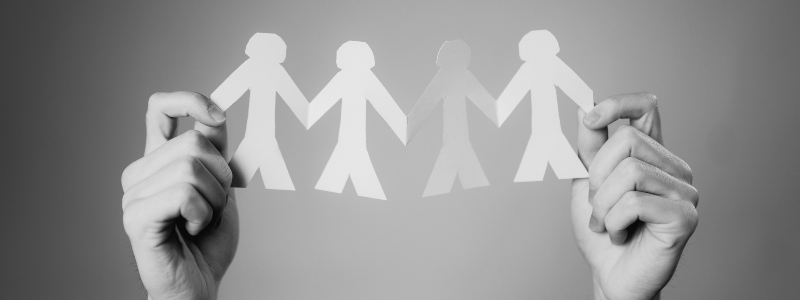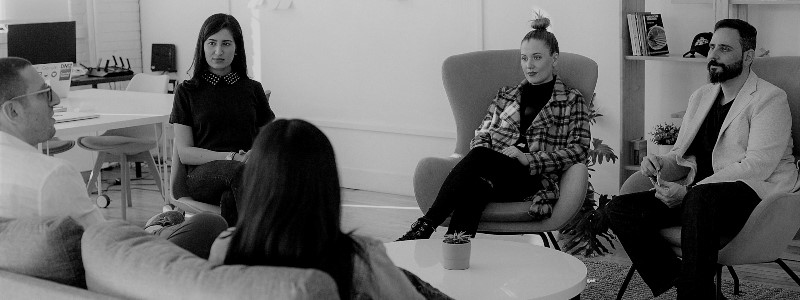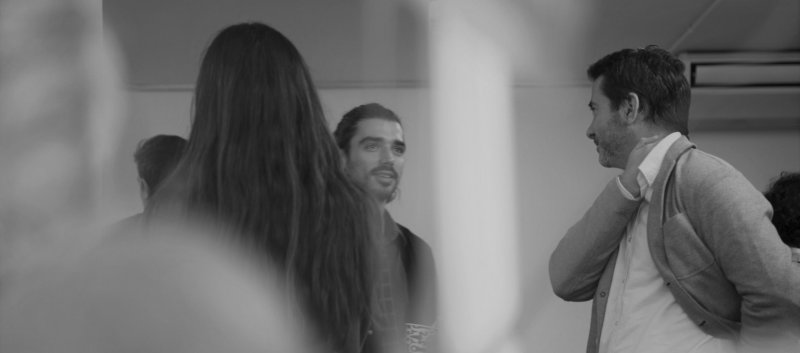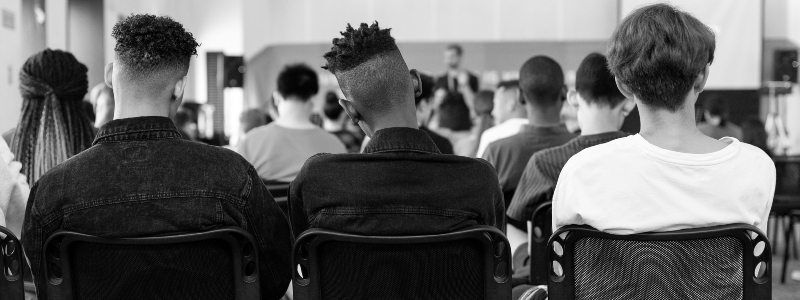Many stressors can impact on our emotional wellbeing such as financial pressures, time pressures, loneliness, physical health problems, insecurity of housing, insecurity of job contracts, loss, bereavement, relationship problems, work stress, family, caring for others, a trauma, adverse childhood experiences, etc. The list is endless.
The build-up of these stressors can often result in mental health difficulties such as stress, anxiety, depression or low self-esteem. We can often feel that we are out of control. Anxiety and depression are very common problems in mental health, with one in four people experiencing this at any one time. Two in five GP appointments (that’s 40%) involve mental health difficulties (https://www.mind.org.uk/).
It can be very hard to admit to having a mental health difficulty and asking for help. Too often we think we should be able to cope. We put unrealistic expectations and pressure on ourselves. We expect ourselves to manage whatever life throws at us. We take responsibility where perhaps it isn’t all ours to take, and struggle to implement boundaries for ourselves. We can consider ourselves weak if we feel that we are not managing and need some help. We think others will judge us negatively, either thinking that we would be burdening others if we were to say something, or, that others would think differently of us if they knew.
However, would we apply this same dialogue that we give ourselves, to others? Would we think less of a friend if they shared with us that they were struggling and could do with a bit of support? Would we think differently of them if they were to say they had decided to get some help and had linked in with a therapist? Would we not think it shows courage, strength and bravery rather than weakness?
Life isn’t easy and managing day-to-day stress can be a struggle. Reaching out for support or therapy and taking responsibility for our mental wellbeing is not only a big step but important in valuing ourselves and looking after ourselves.
All too often when people finally reach out it’s because they’ve hit rock bottom and they don’t know what else to do. They’ve been suffering in silence for some time. If we were to encourage each other to reach out for support and help sooner, we may see benefits in mental health and emotional wellbeing. Talking therapies such as CBT are widely used in the treatment of anxiety, depression and low self-esteem. CBT is one of the National Institute for Health and Care Excellence (NICE) guideline treatments for anxiety disorders and depression and is the most widely used. Interpersonal Psychotherapy (IPT) is also a NICE guideline treatment for depression. However, there are many different approaches that can be of help.
When asking yourself should I seek therapy, these are some of the considerations you might make:
- Have I struggled to be myself lately?
- Am I feeling low or have I been worrying more?
- Is day-to-day life feeling harder?
- Am I finding it difficult to enjoy the things I normally would?
- Am I more withdrawn, struggling to be around people?
- Am I struggling to cope with a particular problem or change?
- Do I often find myself comparing myself to others and not feeling good enough?
- Do I have a confidante I can talk to or am I struggling to talk about how I am feeling with anyone?
You may be someone that has never considered taking the step of seeking therapy because you have always been the one to cope, the strong one, the one that others go to when they need support.
What is important to remember is that you’re not alone. Everyone needs help sometimes so take that step forward in looking after yourself. Of course, therapy itself is challenging as it is about making changes and talking about things that perhaps you haven’t before. However, it can also be life-changing and lead to profound benefits.
Brighton and Hove Psychotherapy is a collective of experienced psychotherapists, psychologists and counsellors working with a range of client groups, including fellow therapists and health professionals. If you would like more information, or an informal discussion please get in touch. Online therapy is available.












